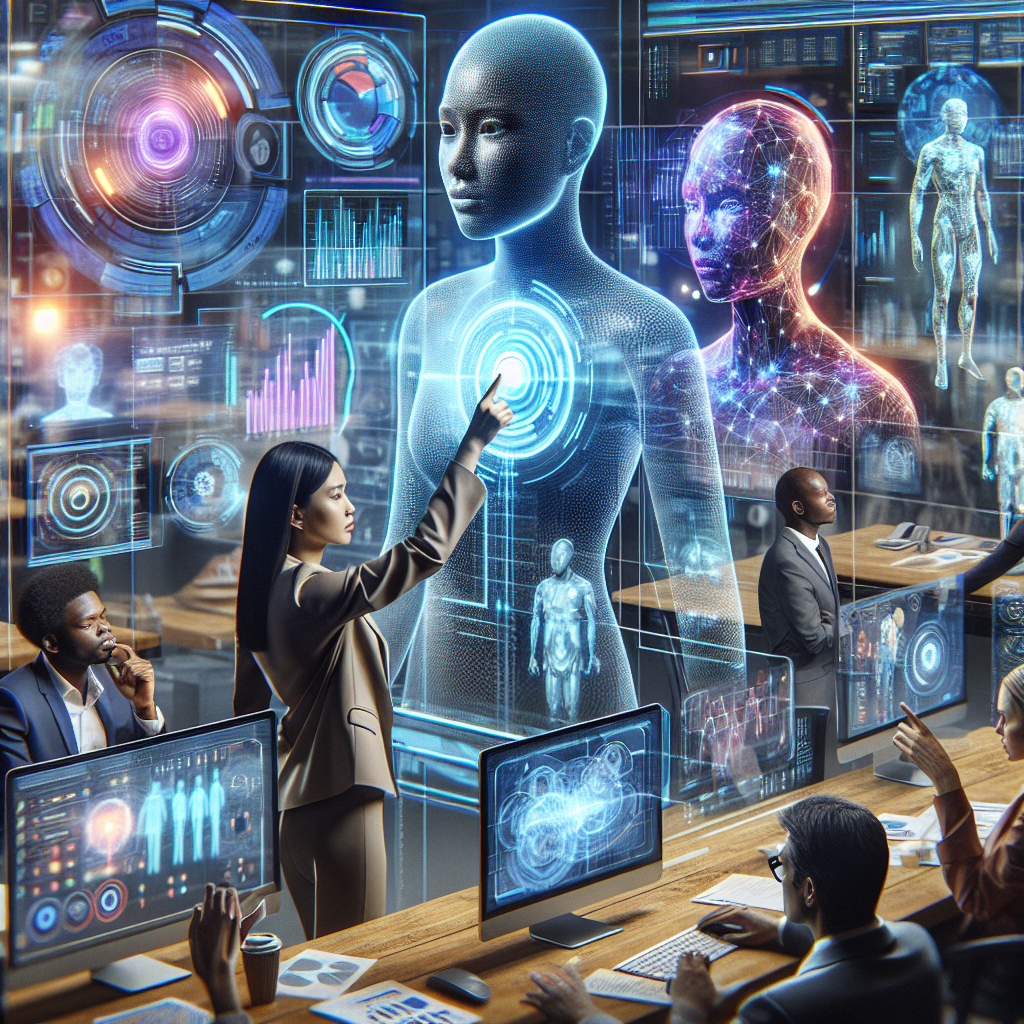August 30, 2024 By Scott Underill
The Future of AI in Marketing and Sales with Intelligent Agents
In this insightful video, James Hooker and Scott Underhill, co-founders of Hubstart, delve into the transformative potential of AI agents in marketing and sales. They discuss how intelligent agents and agentic workflows are revolutionizing the way businesses interact with their customers, collect data, and optimize their marketing strategies.
Watch the full discussion here: [The Future of AI in Marketing and Sales with Intelligent Agents](Source).
**Key Points Covered:**
1. **Types of AI Agents**: Scott explains the difference between intelligent agents and agentic workflows. Intelligent agents operate autonomously to achieve specific goals, like generating leads through social media bots. Agentic workflows use large language models and reinforcement learning for complex strategies, enabling multi-step interactions to achieve objectives.
2. **Understanding Intelligent Agents**: Intelligent agents can observe, simulate, and predict outcomes. They make decisions based on their environment and receive rewards based on the effectiveness of their actions. For instance, social media posts that garner interaction receive positive feedback, refining the agent’s future actions.
3. **Application in Marketing**: HUBSTART uses intelligent agents for deep research, analyzing networks, customer behavior, and even competitor actions. This allows for the creation of highly personalized content and timely responses, increasing engagement and conversion rates.
4. **Leveraging AI for Quality Content**: The speakers discuss methods to improve content quality beyond basic AI-generated outputs. By using a critical reviewer approach, AI can refine marketing messages iteratively, similar to how a team would brainstorm and optimize ideas, ensuring unique and compelling communication.
5. **Tool Usage and Planning Agents**: They explore how integrating AI with tools for specific functions, like quoting systems, can enhance user interactions. Planning agents can chain different models together, allowing seamless transitions from initial contact to data collection, personality analysis, and tailored responses.
6. **Real-time Data and Flexibility**: AI’s ability to handle real-time data inputs, like pricing or inventory information, enables businesses to provide accurate and timely responses. This flexibility leads to a better customer experience, making interactions more relevant and engaging.
This video is essential for anyone looking to understand how AI can be harnessed to elevate marketing and sales efforts, offering a glimpse into the future where AI-driven strategies create more dynamic and personalized customer interactions.
Discover more about their insights and services at [Hubstart](https://hubstart.io/book).

Submit Your Comment